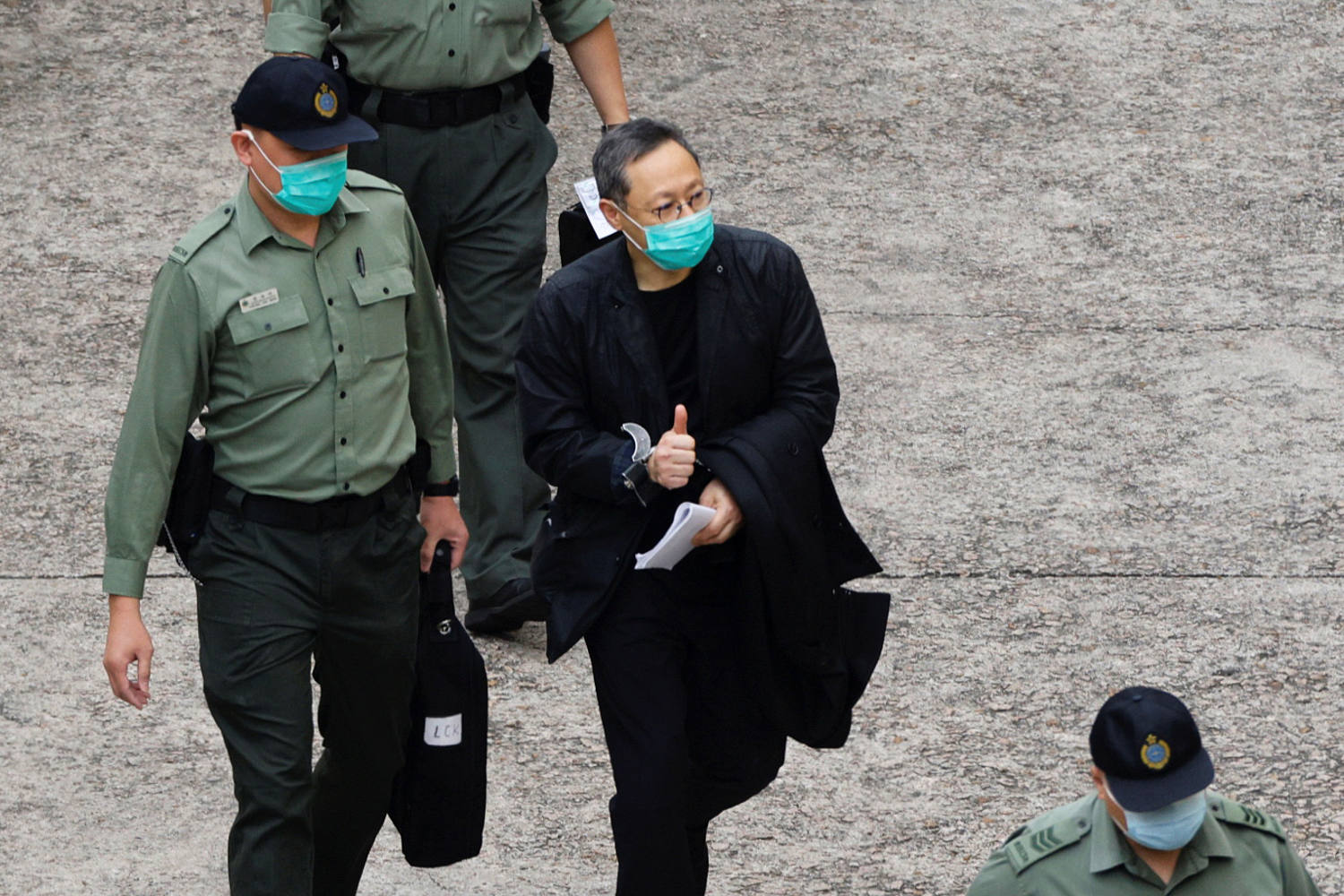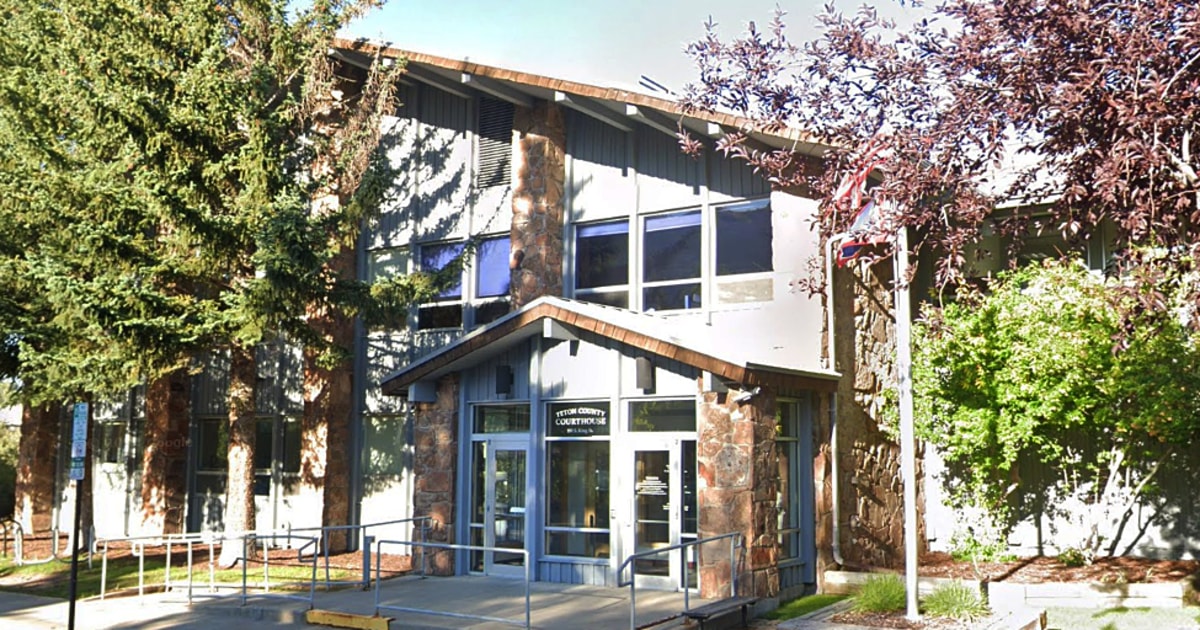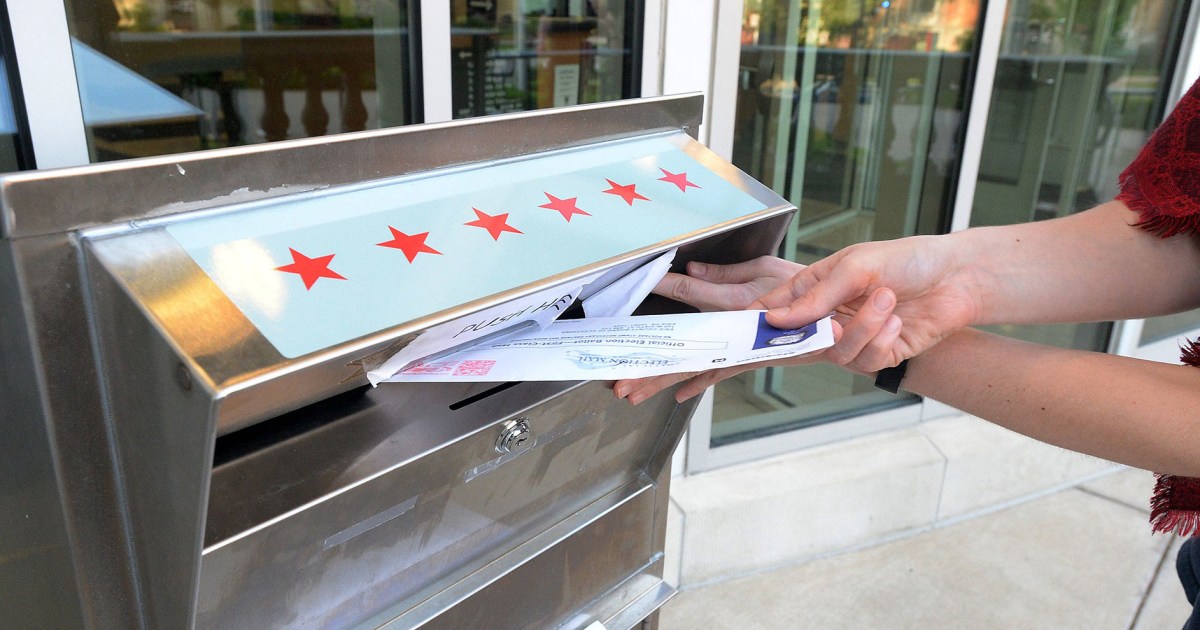
HONG KONG — A Hong Kong court sentenced dozens of leading pro-democracy figures to up to 10 years prison Tuesday in the single largest trial under a national security law that critics say has been used to all but eliminate political dissent in the Chinese territory.
Benny Tai, 60, a former law professor at the University of Hong Kong who co-organized an unofficial primary election at the center of the case, was sentenced to 10 years in prison, the longest of the 45 sentences. The others ranged from four years and two months to seven years and nine months.
The defendants had faced up to life imprisonment under the national security law, which Beijing imposed in 2020 in response to pro-democracy demonstrations that roiled Hong Kong for months the previous year.
Tai was among 47 opposition politicians, academics, activists and others charged in 2021 with conspiracy to commit subversion, one of four crimes the law established. Two of the defendants were acquitted in May.
They were charged in connection with their roles in an unofficial primary election held in July 2020, weeks after the national security law went into effect. The primary, which aimed to boost democrats’ chances of winning a majority in an upcoming election for the Hong Kong legislature, drew more than 600,000 voters in the city of 7.5 million.
Many of the candidates in the primary election had vowed to repeatedly veto the government’s proposed budget to force the resignation of Carrie Lam, Hong Kong’s top leader at the time. Lawyers for the defendants have argued that such action was within the bounds of Hong Kong law.
Authorities warned that the primary risked violating the national security law, which Hong Kong and Chinese officials say was necessary to restore stability after the sometimes-violent protests.
Critics say it has driven a crackdown on expression in the former British colony, which was promised its civil liberties would be preserved for 50 years when it returned to Chinese sovereignty in 1997. In March, Hong Kong’s opposition-free legislature also enacted local national security legislation.
The U.S. and other Western governments have criticized the so-called Hong Kong 47 trial as politically motivated and called for the defendants’ immediate release. Most of the defendants, who are in their 20s to their 60s, have been held without bail since their arrests in early 2021.
Maya Wang, associate China director at Human Rights Watch, said Tuesday that the “harsh sentences” reflected “just how fast Hong Kong’s civil liberties and judicial independence have nosedived” since the national security law was imposed four years ago.
“Running in an election and trying to win it is now a crime that can lead to a decade in prison in Hong Kong,” she said in a statement.
Of the 47 defendants, 31 — including Tai — pleaded guilty in the hope of lesser sentencing. Fourteen others were convicted in May, while the remaining two were acquitted.
John Burns, an emeritus professor at the University of Hong Kong who specializes in the city’s politics and governance, said the trial was part of authorities’ effort to eliminate opposition.
Among the 47 are “second-tier pan-democrats” who were previously active members of the Hong Kong legislature, Burns said. In the eyes of authorities, he said, the “sole first tier” is billionaire media tycoon Jimmy Lai, the founder of now-defunct pro-democracy tabloid Apple Daily, who is also charged under the national security law and is taking the stand for the first time Wednesday as defense arguments begin almost a year into his trial.
Given that the pan-democratic opposition regularly drew support from 40% to 60% of voters before electoral reforms in 2021 restricted candidacy to “patriots only,” the trial also aims to “re-educate” Hong Kong people about how they should act on their political beliefs rather than change the way they think about politics, Burns said.
“Still, we see that some people are not getting the message, apparently,” he said, noting a series of recent arrests under the local national security law, known as Article 23.
In September, a man was sentenced to 14 months in prison for wearing a “seditious” T-shirt bearing a popular protest slogan, while another was sentenced to 10 months for writing the same slogan on the backs of bus seats, as well as other phrases advocating Hong Kong independence.
The two men, who both pleaded guilty, were the first to be convicted under the Article 23 legislation, which allows for longer sentences. Others have been charged over social media posts that allegedly incite hatred against the government.
Despite growing influence from Beijing, more than 80% of adults in Hong Kong support a democratic system in which two or more political parties compete in elections, according to a 2023 survey by the Pew Research Center.
The three government-approved judges in the Hong Kong 47 case ruled that the defendants’ plan to repeatedly veto the budget would have created a constitutional crisis. But Jonathan Sumption, a British national who resigned in June as a non-permanent overseas judge on Hong Kong’s Court of Final Appeal, described the budget veto as an “express constitutional right for a purpose unwelcome to the government.”
“Hong Kong, once a vibrant and politically diverse community, is slowly becoming a totalitarian state,” Sumption wrote in The Financial Times shortly after he resigned. “The rule of law is profoundly compromised in any area about which the government feels strongly.”
The Hong Kong government rejects the idea that judicial independence is under threat, saying that cases are handled in accordance with the law and that individual rights are protected under Hong Kong’s mini-constitution and Bill of Rights.
The Hong Kong government rejects the idea that judicial independence is under threat, saying that cases are handled in accordance with the law and that individual rights are protected under Hong Kong’s mini-constitution and Bill of Rights.
About 300 people have been arrested under the national security law, while more than 7,000 of the about 10,000 arrested in connection with the 2019 protests have yet to be charged. Hong Kong officials said last month that there was no time limit for prosecuting the cases, noting that it takes time to gather evidence.








